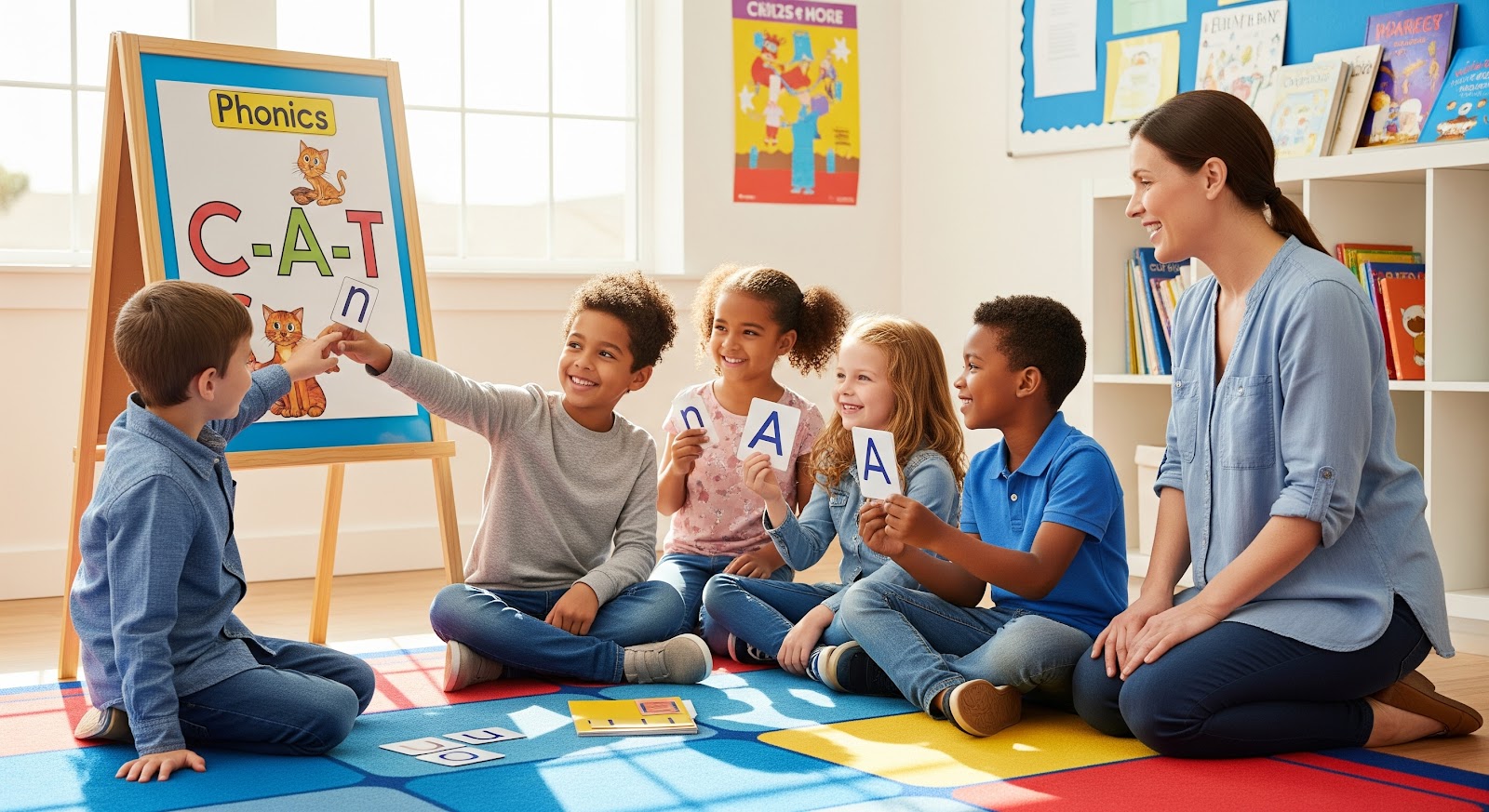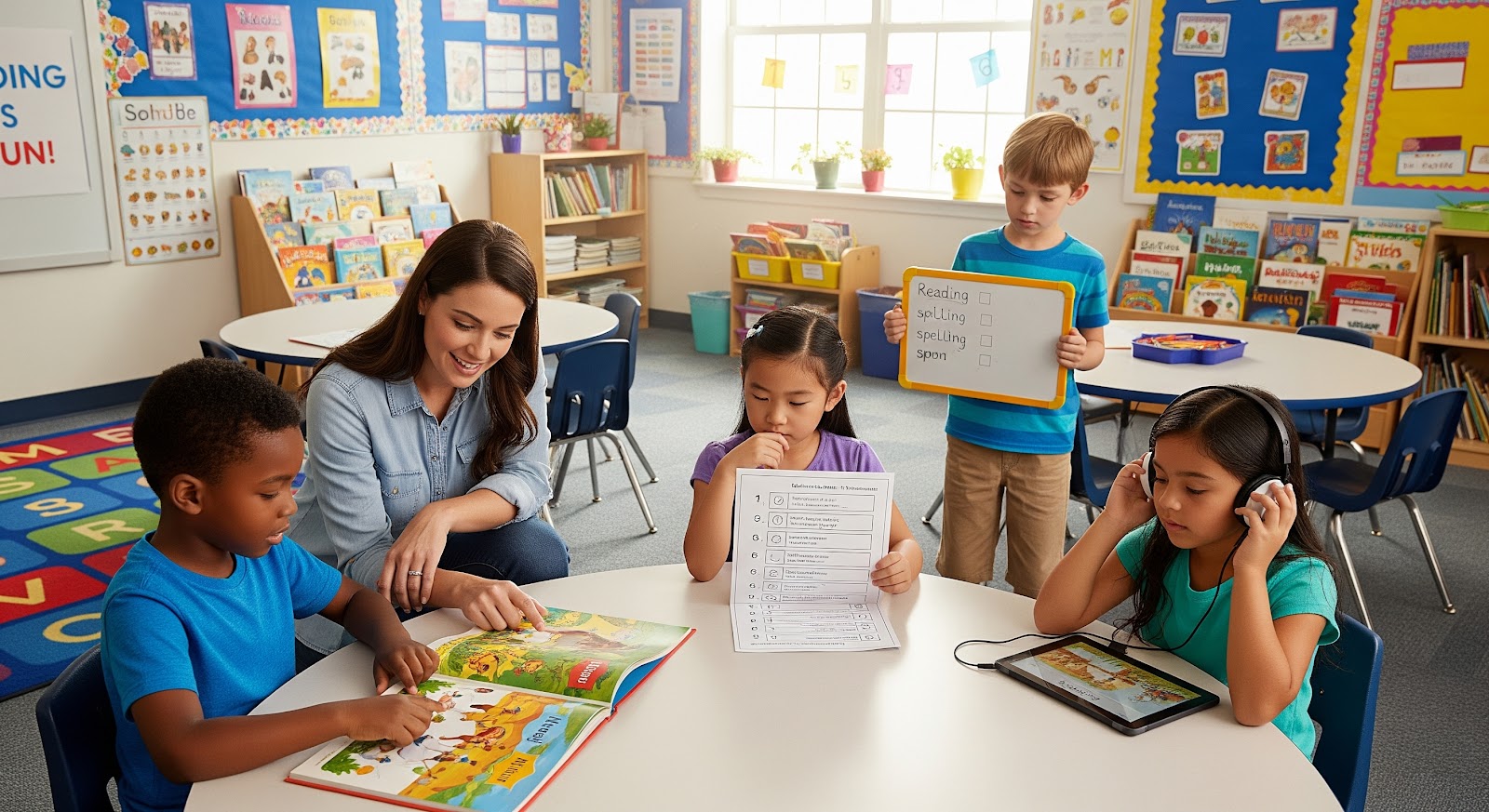Kindergarteners Reading with Confidence: How to Build Early Literacy Foundations
Building strong reading foundations before and during kindergarten can make a profound difference in a child’s confidence, curiosity, and classroom performance. Children who develop essential early literacy skills such as recognizing letter sounds, identifying rhyming words, and understanding simple stories are more likely to thrive when they enter school. These skills don’t just prepare them … Read more






